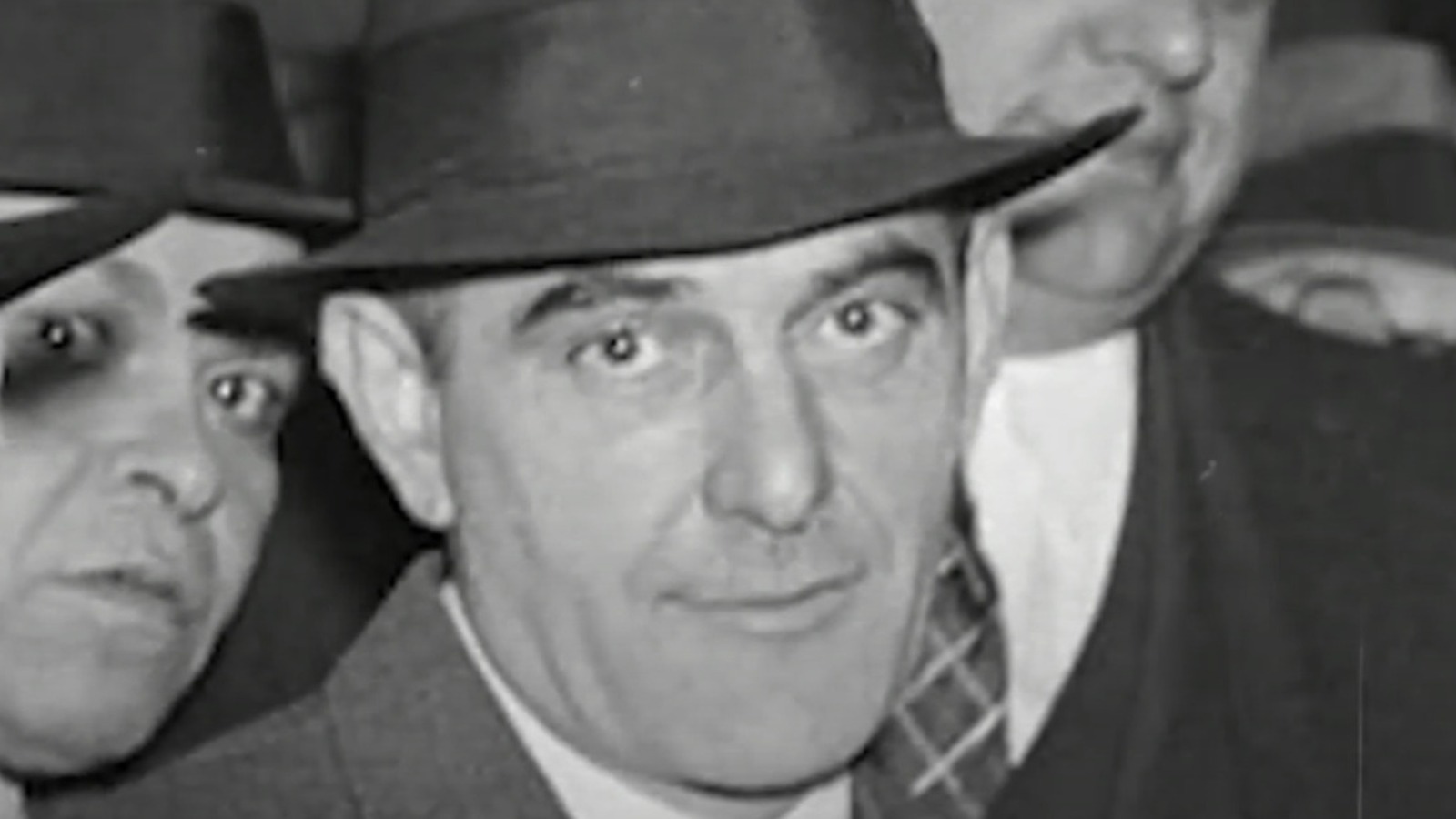
Born to a long line of wealthy Bohemian nobles, Count Victor Lustig had grown accustomed to an extravagant life. With little want for status or money, the Count was plagued only by simmering political discord. This discord would come to threaten not only the status afforded him by his birth, but also his family, his freedom, and nearly his life. Shortly after the fall of the Bohemian Kingdom, the fallen nobleman fled to France, then decided to board an ocean liner and try his luck in New York City. Thankfully, he still had his fortune. He was using it to devise inventions that he hoped he could one day sell upon starting a business.
READ RELATED: What We Know About Chloe Sevigny’s Ghost Encounter
This was the lie Robert Miller, or “Victor Lustig,” told dozens of wealthy travelers aboard ocean liners in the early 1920s. According to Smithsonian, the con hinged on Lustig’s “invention,” the “Rumanian money box” — a box that, Lustig claimed, could perfectly duplicate real currency. Lustig would ensure the box casually drew the mark’s attention, then wait till they begged him to buy it. After refusing, he would eventually acquiesce — but only for an exorbitant price.
The box, a steamer trunk outfitted with useless gears and levers, took “six hours” per cycle. According to Casino, Lustig would load the box with just enough authentic bills to last 24 hours (before the buyer could realize they’d been conned) — giving the “nobleman” just enough time to escape.
Source:





